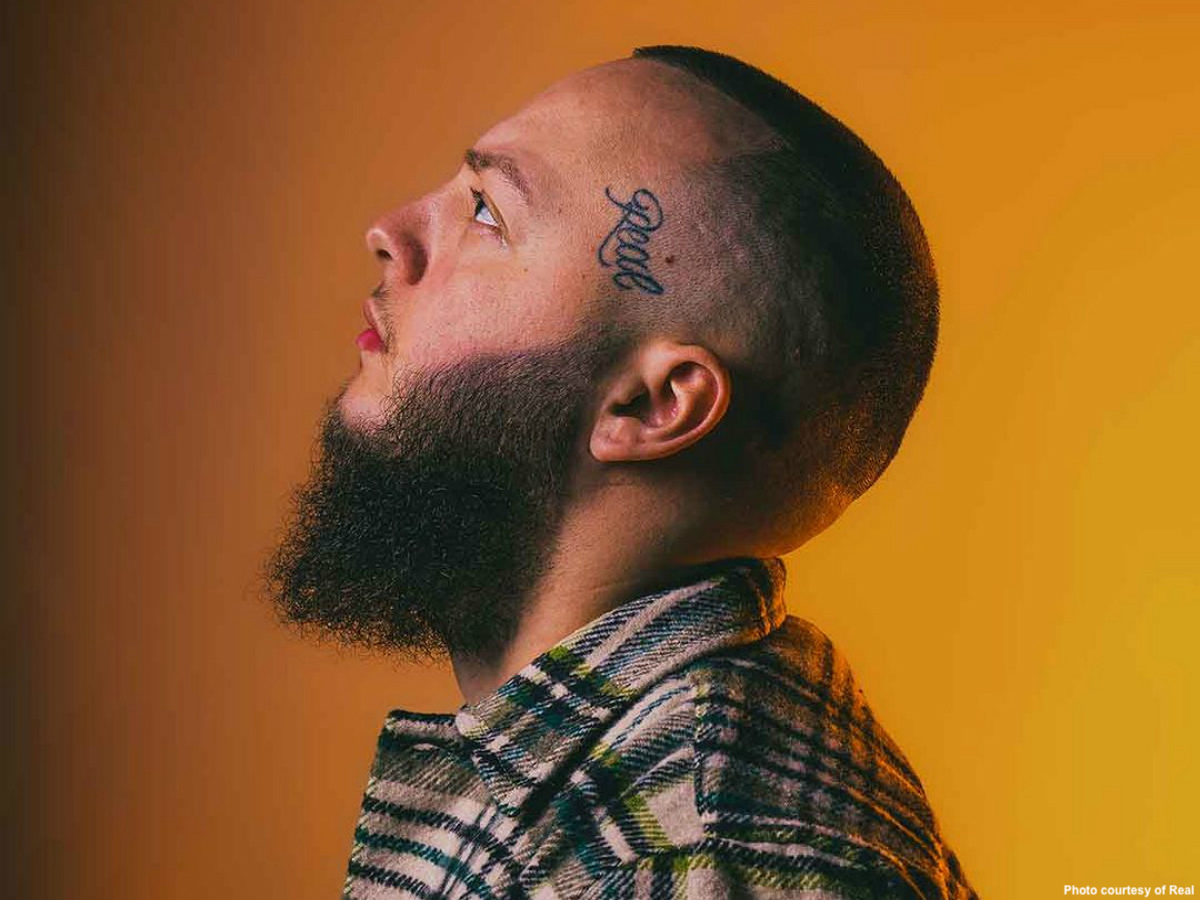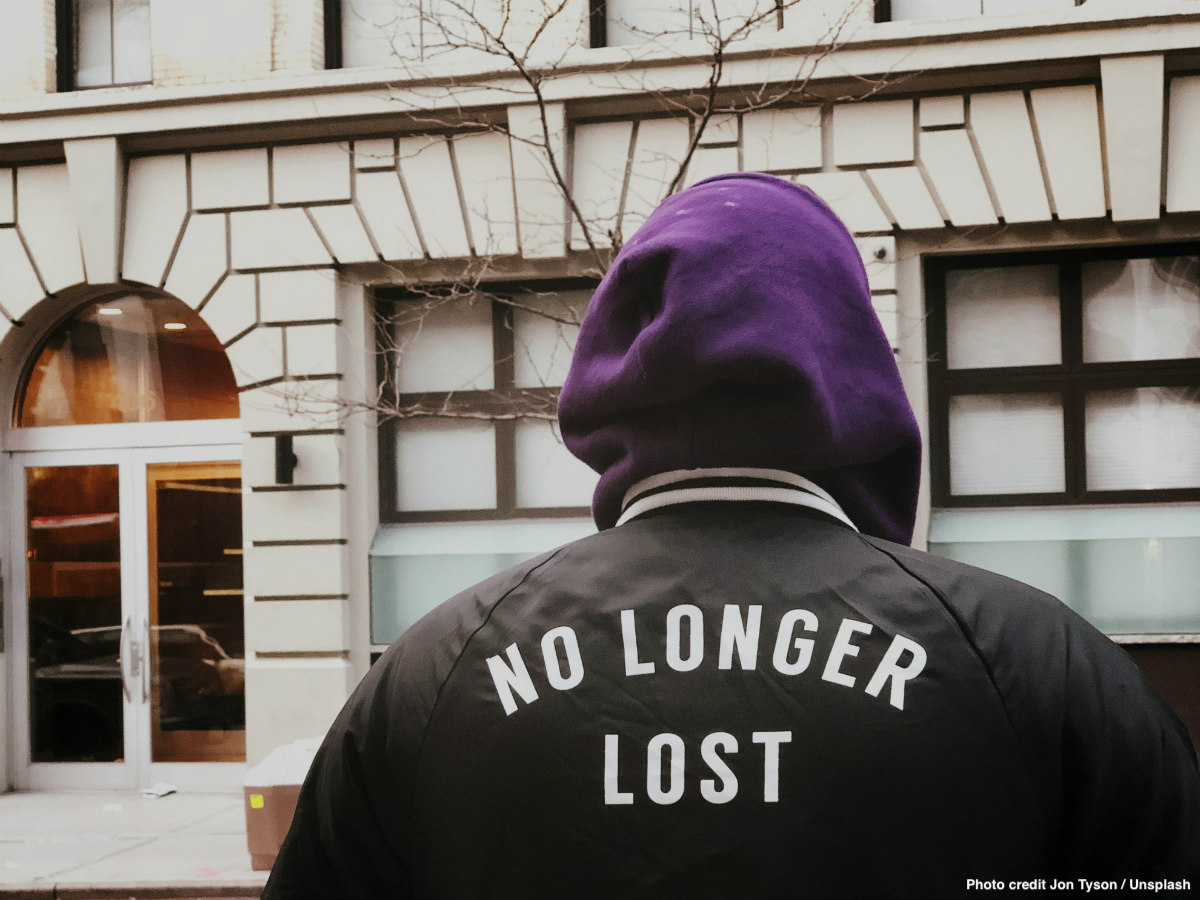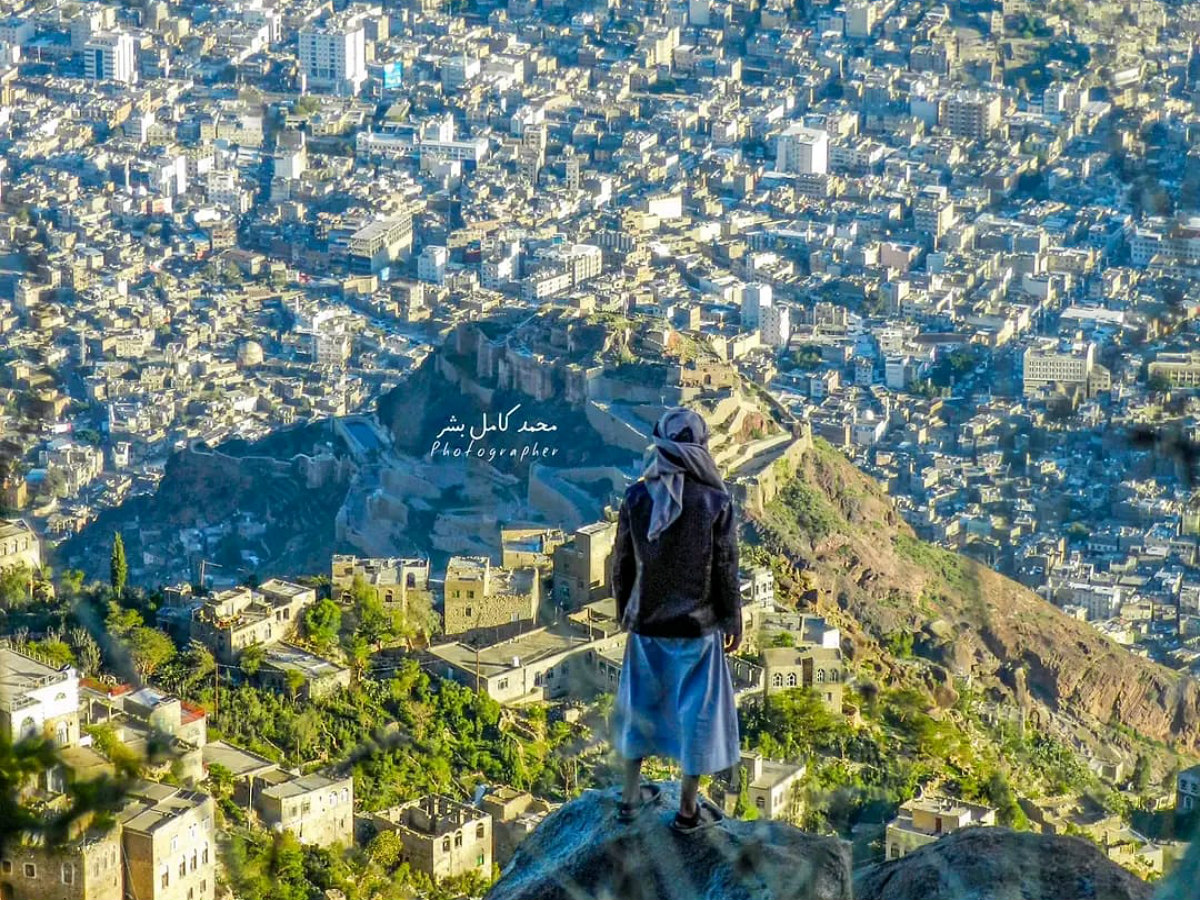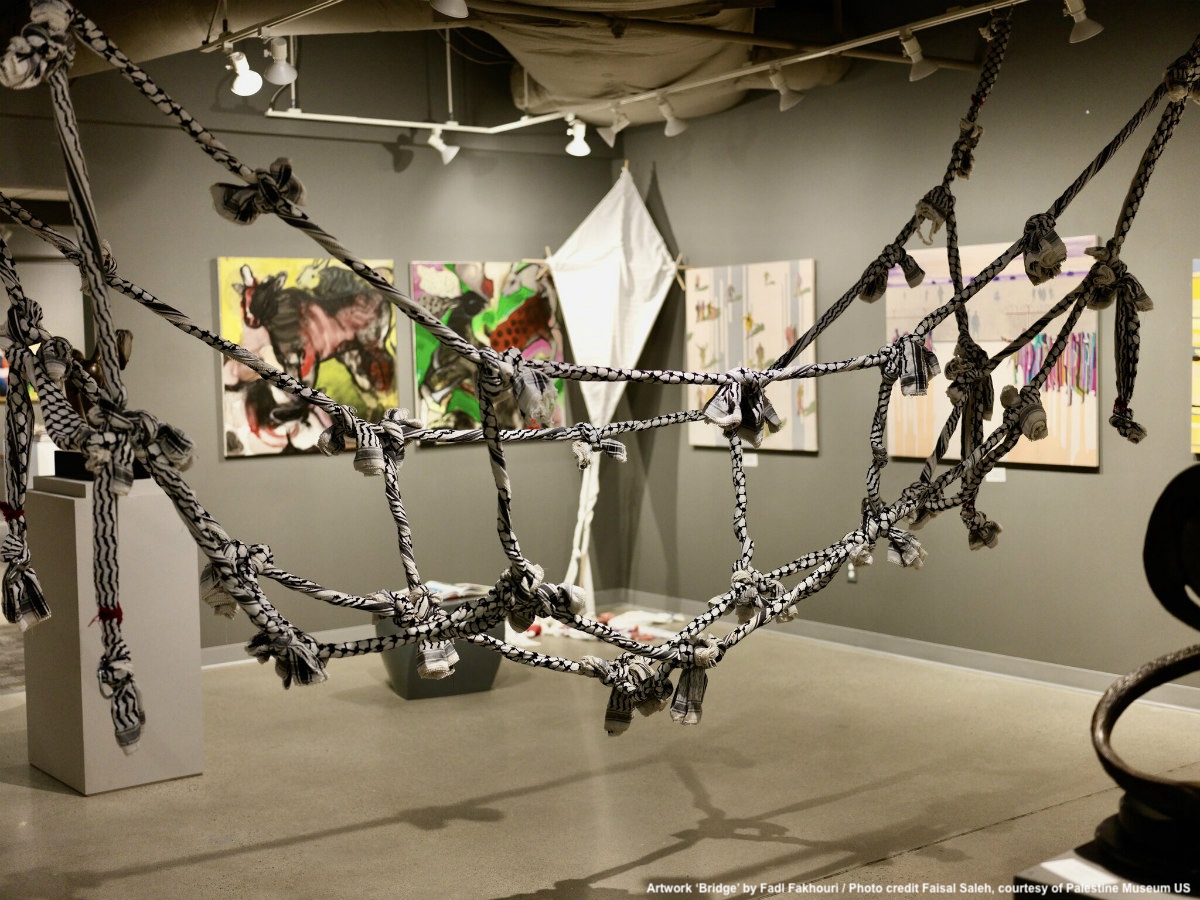Italian rapper Salvatore Bocchetti, a.k.a. “Real,” grew up in the suburbs of Naples, Italy, in one of the tough neighborhoods that writer Roberto Saviano has described in novels like Gomorrah. It was while surviving on the streets of Quarto that Real developed a deep appreciation for rap music. It felt like the easiest way to channel the raw, unfiltered struggle that otherwise would have been emotionally difficult to express.
“A brother escapes abroad before he is arrested. Two brothers hate each other over money, women, drugs; I’m tired of seeing another brother die,” raps Real. All this tragedy clearly has a personal dimension to him, that comes from his own experiences in adolescence.
Real’s work is part of a recent wave of European rappers who, in grappling with traumatic personal stories have veered into music. Last year the most streamed artists on Spotify in France, Germany and Italy were rappers. Real only began producing music four years ago. He is 25 years old, and so far has produced ten songs with over 3 million combined views on Spotify, all with his own resources.
Rappers’ music not only dominates the charts, it also rules, some critics say, over groups of young people. Its strongly worded tones have divided Italians who think the lyrics navigate a thin line between exposing the vulnerability and hardness of youngsters, and inciting them to violence.
“In my songs I talk about the things that I wish kids in my neighborhood would not fall for,” Real explains, when we meet at a bar in the beautiful town of Perugia. The day before, in a panel within the Journalism International Festival, Real found himself defending rap music in Italy. Italians are scandalized by the reference to violence in rappers’ music, laments Real, but not by what boys in these neighborhoods have to go through and their complicated lives.
Violence doesn’t come from listening to music, he deadpans. Violence is the result of the profound suffering youngsters experience as they grow up. Real’s music is drawing attention to a crude reality that “the rest of Italy is not aware of or has turned its back on,” he says as he puts off his cap where I can see Real tattooed on his head. I ask him why he chose this artistic name, “Because I am as true as the things I tell,” he replies.
***
Cities like Naples face a serious problem of juvenile crime. Its stunning cultural heritage often eclipses the violence and crimes that occur there, such as theft, robbery, assault, drug dealing, vandalism and murder. Groups of young people, known as “baby gangs,” engage in violent and illegal activities, but also in everyday bullying, harassment and intimidation of their peers creating a vicious circle in disadvantaged Italian neighborhoods. Saviano’s investigative work has often reported how the culture and methods of criminal organizations, and in particular the Camorra, run through the veins of disadvantaged areas.
Community has been central to Real’s work too. He says that it is important to understand the economic reality of the territory. Italian baby gangs function for criminal organizations as training grounds do for soccer teams. They breed future “players” to stay in the game. As members of these Italian baby gangs get older and are no longer teenagers, they often move from petty crime into more serious illegal activities like selling drugs. “Often these young men have kids at a very young age and they have to eat and feed their families. But there is a lack of jobs with decent salaries that allows them to live with dignity. And future prospects are really thin.”
It may be hard to believe, but Italy, with one of the most important economies in the eurozone, doesn’t have a minimum wage for workers. Some analysts believe that this anomaly in the labor market encourages people to work half a day officially and the other half without being registered – a situation that creates poverty and social exclusion in a shadow economy.
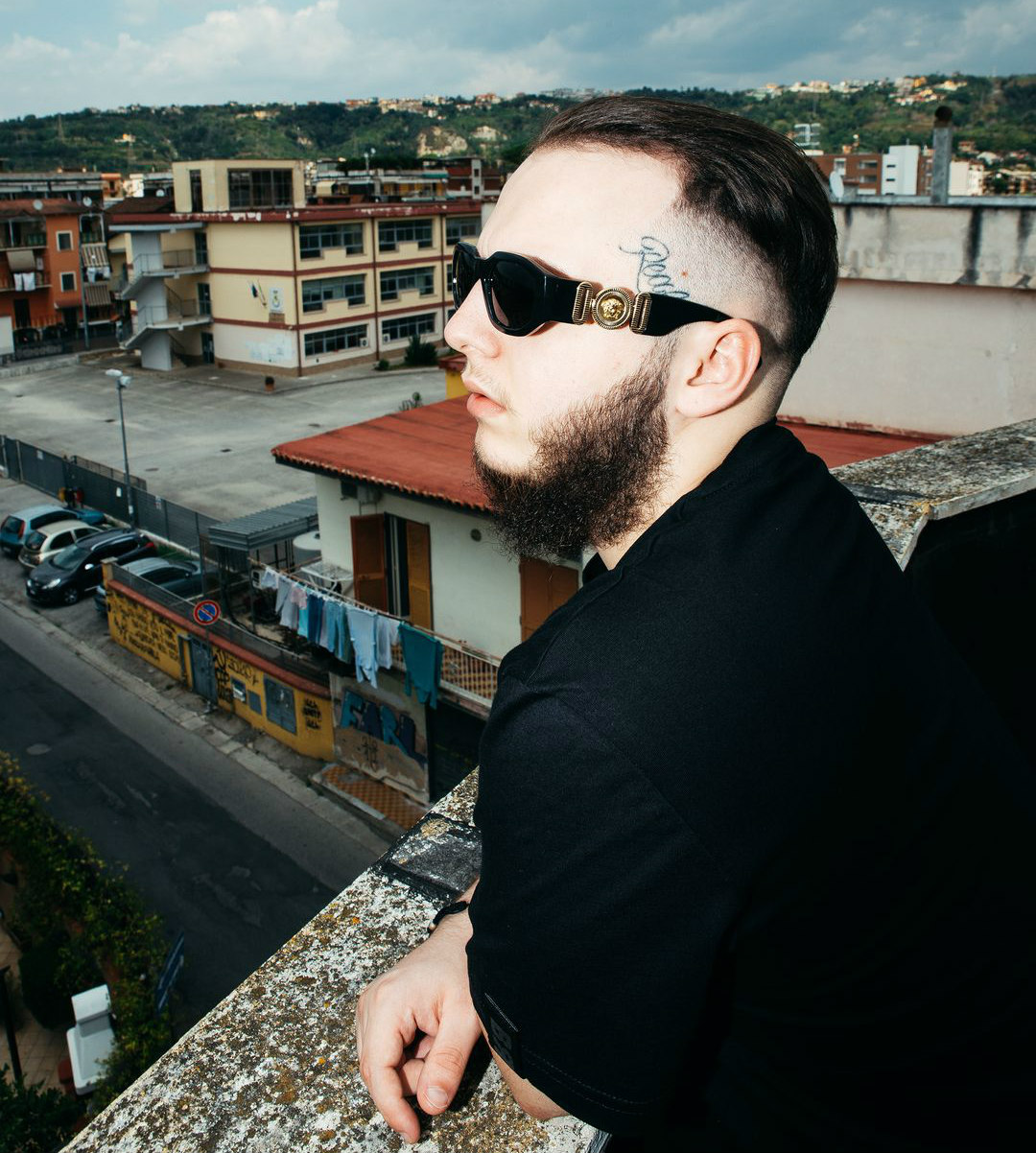
“Selling drugs one day makes people as much money as what you would get in one month’s salary,” Real explains. Economic hardship is the breeding ground for mafiosos; paradoxically, it fills their pockets and makes their shadow economy blossom. According to an article by The Conversation, “While the number of murders has declined, the number of properties and businesses seized from the mafia has ballooned – again suggesting that a drop in violent crime is not necessarily an indicator of a drop in other types of criminal activity.
The mafia has drastically reduced the number of homicides it carries out to draw less attention from the media and politicians, and expand their business. While in the late 1990s, the average value of a police seizure was “about €50,000,” nowadays “each police operation related to organized crime leads to seizures of about €1 million (£880,000).”
In other words, the less the mafia openly kills, the less attention it attracts. But this doesn’t suggest that violence is in retreat; it has merely metastasized into these Italian baby gangs. Some high-profile cases did attract the attention of the media again, and shocked the country. In 2019, a 24-year-old musician in Naples was shot dead by a 17-year-old boy during a row over parking. In 2020, two girls aged 14 and 15 in Caviano, a suburb of Naples, were repeatedly gang-raped by a group of boys aged between 15 and 19. Violence has transcended to groups of young people who feel hopeless and see crime as a way of survival or rebellion against the system that has left them behind.
***
As Real reckons with the fact that seven of his friends and his father are in prison, he imagines the parallel lives they could have had, while simultaneously giving the impression that he’d rather not discuss the painful details at all. Instead, he says his music is nothing less than the mirror of a society that has failed its own young people, who grow up without dreams. I tell Real that it takes artistic integrity to use his music as a form of introspection and self-expression, especially if they have the power to reorient attitudes in those kids.
“The problem with Italian music is that it has always been conceived to be consolatory and to be melodic. I’ve never been attracted to that thing. For me music must also be cathartic. And when there is a moment of liberation you never know what will come out,” said once Paola Zukar, a reference figure in rap music and culture in Italy, manager of rappers such as Fabri Fibra, Marracash, Madame and Clementino, and who Real describes as the “Madonna of the rap music in Italy.” Real seems to agree, “Rap music is also like therapy. It gives me life.”
At the end of our talk, Real’s girlfriend, who has been with us for the entire conversation, reminds Real of the Music Center for kids he is planning to start up in a building soon to be restored and repurposed in his neighborhood. Despite the humility that Real shows, this emerging star of Italian rap is no longer a secret. The council of Quarto, Naples, has already shown its support for Real’s Music Center. Kids and youngsters greet him on the streets, says his girlfriend, and he adds, “the best for me will be the best for everyone in my neighborhood.”
The big challenge for Real is how to tell the story of his community in a way that draws his music audience in and puts them in these youngsters’ shoes – and how to make decision-makers take on his valuable insights and affect “real” change. Rap music, with its portrayal of violence and misfortune, can indeed crawl under people’s skin – and that’s the point. Yet shouting it down, as a member of the court in Italy suggested, or looking the other way, will not make the social ills that it depicts, the violence on Italian streets by baby gangs , go away. No one wants to wake up in ten years and think, as Paola Zukkar worries, “We had the solution right before our eyes and no one noticed.”
Listen to Real in Spotify
Follow him on Instagram
